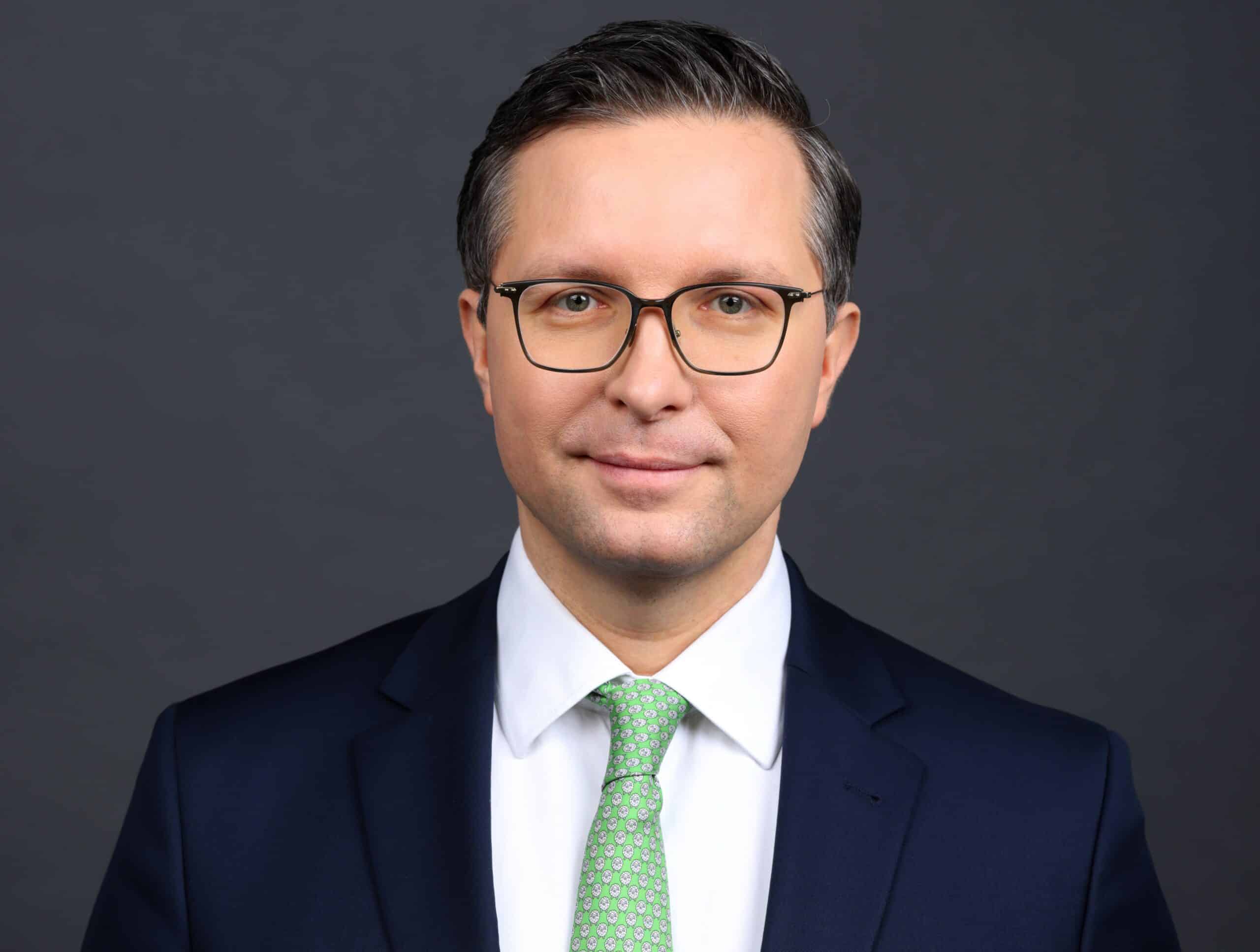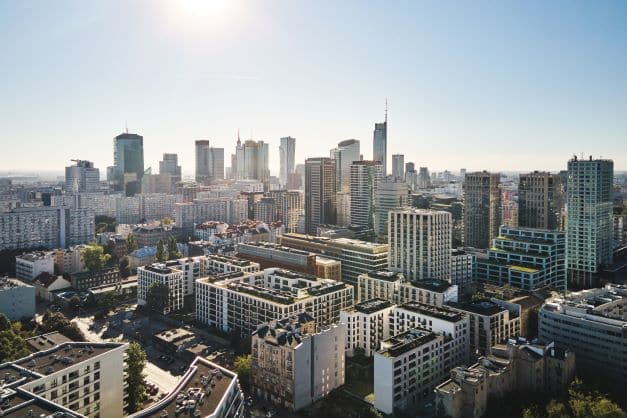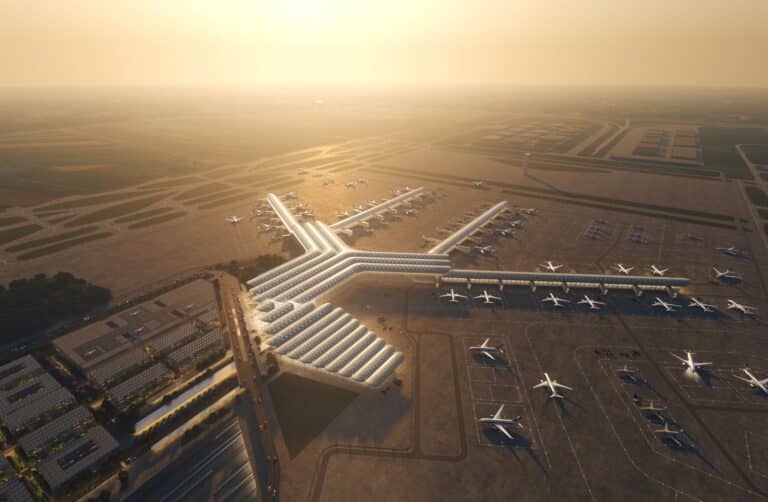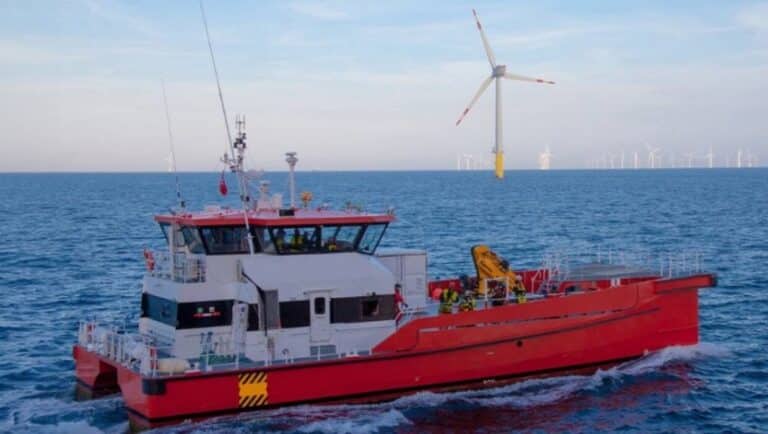TOP 10 TRENDS, CHALLENGES AND OPPORTUNITIES FOR 2023 by Szymon Ostrowski
2022 is behind us. What will 2023 bring us now? Below is my summary and thoughts on the top 10 trends, challenges and opportunities that lie ahead in 2023:
1) War and geopolitics: The war in Ukraine will end, just when exactly is not known yet. The war itself is a destabilizing element for many factors and trends, such as investments or energy supply chains. Participation in the joint post-war project of rebuilding the devastated Ukrainian economy will be an important factor and trend supporting the development of Poland and the region. Intensifying Chinese-American rivalry is also an element that will matter in 2023.
2) Inflation: In the coming year, inflation (probably high double digits) will not return to its previous low levels and thus the cost of capital (interest rates) will remain high. It is worth bearing in mind that the period of cheap money (and thus of low inflation) could not last forever, and lasted over a decade anyway. Now we have to look for new areas of growth and ways to finance it.
3) Economic growth: The global struggle of central banks with even higher inflation than in 2022 will be like walking on a tightrope in the context of maintaining or stimulating economic growth, which is currently being throttled by, among other things, the energy crisis. Weakening economic growth will require companies to manage in a flexible and effective way at every level. Of course, this should always be the case, but in times of prosperity everything always goes easier. Poland has a good chance to go through another year with a low, albeit positive, growth, in part due to internal consumption (including Ukrainian citizens), as well as investments from the KPO (recovery fund), when they are unblocked. Paradoxically, many companies in Poland have also been strengthened after the last two years of the covid pandemic.
4) Energy: The aforementioned war has caused an energy crisis that has not been seen in Europe for decades. In 2023, gas is unlikely to run out, but the general increase in the cost of energy and hydrocarbons will stay with us for a long time, even after the war is over. An opportunity for Poland, but also for Europe, is the acceleration of processes related to transformation and energy security as well as energy efficiency. On the one hand, there must be a change in the energy mix by increasing production from RES and nuclear energy, and on the other hand, measures to implement energy efficiency on a large scale through a green revolution in construction and production. In this case, energy crises have a chance to strengthen actions that reduce emissions and thus be more eco-friendly.
5) Supply chains / nearshoring: recent years have been marked by disruptions in global supply chains mainly due to covid and war. Next year doesn’t look like it will be any better. Covid, war and trade tensions still exist and will continue to occur. Nearshoring is a concept known about for a long time, but has recently become a reality. As a result of the aforementioned disruptions in supply chains, companies are increasing their production, warehousing and service location capabilities in Europe. This is a great opportunity for Poland, as well as for the warehouse and industrial real estate market.
6) e-commerce: e-commerce has been the star of recent years due to covid, which has changed the way goods are sold and bought. Despite the return of customers to shopping malls, e-commerce is growing at a double-digit rate and will continue to grow strongly. The global value of this sector by the end of 2022 is expected to increase to $5.4 billion, and the number of parcels sent to 175 billion. In Poland, the e-commerce market is currently almost PLN 100 billion and by 2026 it is expected to have over PLN 160 billion. On one hand, this is great news for business, but also a cause for concern for logistics managers due to the lack of free warehouse space.
7) ESG: activities in the field of caring for the environment, social responsibility and corporate governance have become not only fashionable, but also profitable due to the above-mentioned energy transformations and the expectations of investors, clients and capital providers. Something that is not ecological, and therefore not energy efficient, is expensive and therefore less valuable. ESG, which we also often forget, is one human aspect that is very important in today’s era of labor shortage, because whoever is able to keep people will be able to quickly return to normal operations.
8) The fight for talent: neither covid nor the current situation have reduced the labor market, however, the coming year’s economic slowdown may weaken the pressure of employees to increase salaries. The coming year will, like the previous ones, be marked by the fight for talent in a much more difficult macroeconomic environment. Every zloty spent will be worth its weight in gold, just like every good employee.
9) Elections: parliamentary elections await us in 2023, and local government elections in 2024, which means not only a time of promises and spending, but also competition between politicians and their parties. Election time is not about cooperation and compromise. The Polish economy faces many challenges and there are many issues that require attention, e.g. public and local government finance, energy transformation, the KPO, health care, housing.
10) Technology: We live in an era of new technologies that are emerging or constantly improving. Artificial intelligence, cloud, robotics or machine learning help to improve efficiency as well as work safety. On the other hand, the development of technology brings threats in the form of cyberattacks. Today, cybersecurity is a key element to ensure safe use of not only the Internet, but also energy and telecommunications networks or key data for both companies and the state. It is worth mentioning that NATO has recognized cyberspace as another theater of warfare next to land, sea, air and space.







